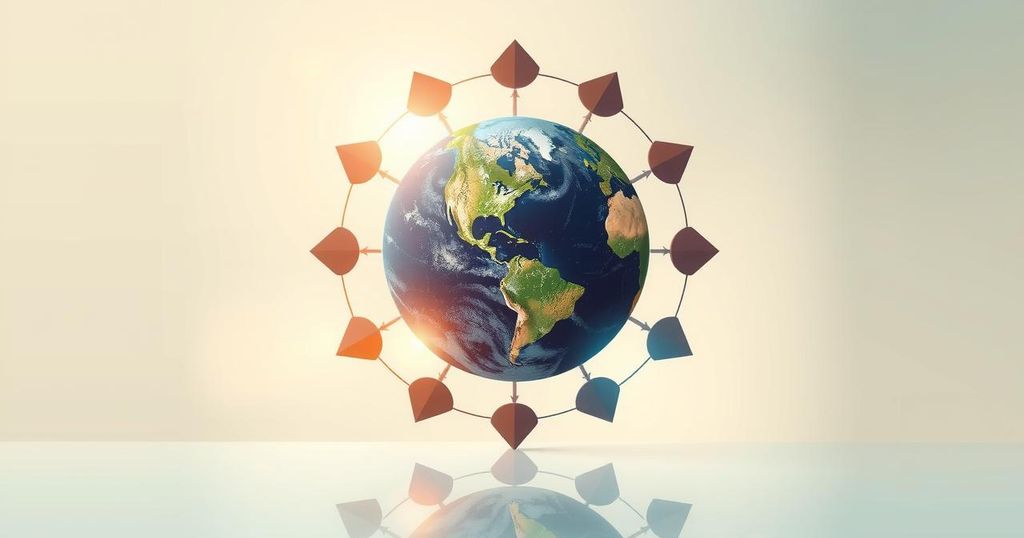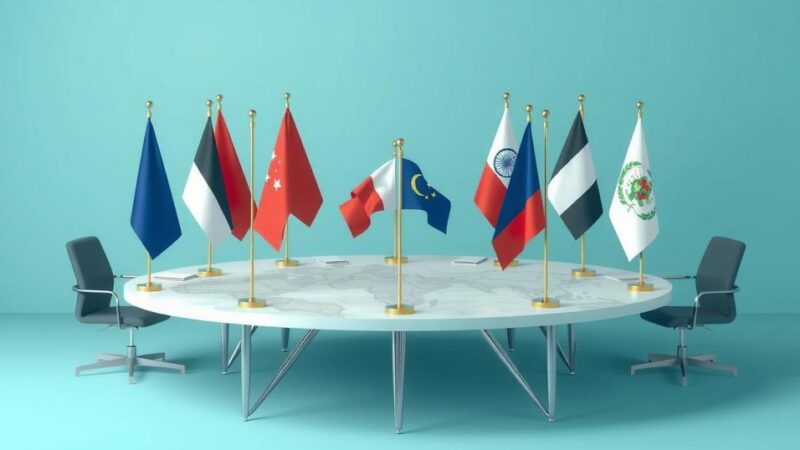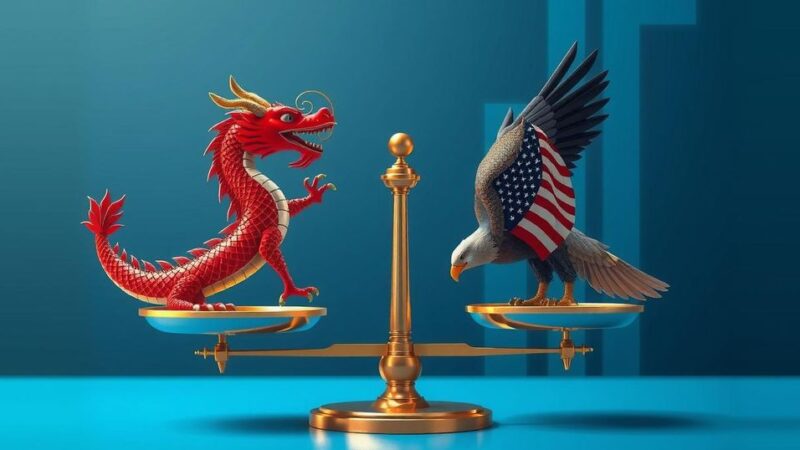The EU is reviewing its raw materials agreement with Rwanda in response to the DRC conflict. Kaja Kallas indicated no immediate sanctions would be imposed, focusing instead on a political evaluation based on developments on the ground. Belgium initiated the suspension push, with wider EU support, highlighting the gravity of Rwanda’s involvement in DRC affairs.
The European Union (EU) is poised to reassess its critical raw materials agreement with Rwanda in light of the ongoing conflict in the eastern region of the Democratic Republic of Congo (DRC). High Representative Kaja Kallas announced that rather than immediately implementing sanctions against Rwanda for its alleged involvement, the bloc would adopt a more cautious political approach based on the evolving situation. This decision follows the Rwandan-backed M23 rebels’ capture of territories in North Kivu and the significant city of Goma, raising international concerns.
The proposal to suspend the agreement was originally put forth by Belgium, the historical colonial power in the DRC, and has garnered support from the European Parliament. Kallas indicated that the EU demands the withdrawal of Rwandan troops and is reviewing the Memorandum of Understanding regarding critical raw materials as part of these diplomatic efforts. Furthermore, consultations involving European defense and security measures with Rwanda are also on hold.
Kallas remarked on the gravity of the situation, underscoring the importance of territorial integrity for both DRC and Ukraine, asserting that the UN Charter must be upheld universally. The Memorandum, signed in February 2022, pertains to the EU’s strategy to secure essential raw materials for microchip and electric vehicle production, integrated into its Global Gateway initiative.
The EU has earmarked over €900 million for Rwanda under this program, which aims to enhance sustainable supply chains and reduce reliance on competitors such as China. Rwanda is recognized as a significant player in the extraction of tantalum and other crucial minerals, with potential in lithium and rare earths. However, the agreement has faced increasing scrutiny amid allegations that Rwandan forces are utilizing M23 rebels to exploit DRC’s mining resources.
Guillaume de Brier from the International Peace Information Service highlighted discrepancies in Rwanda’s reported geological exports, referencing assertions from the U.S. Department of State regarding mining claims. Kallas’ recent decision signifies a notable shift in the EU’s stance towards Rwanda, a nation whose leader, Paul Kagame, has previously maintained positive relations with Europe. Additionally, the EU has supported Rwandan military efforts against the Islamist insurgency in Mozambique, showcasing a multifaceted approach to regional security issues.
The EU is undertaking a careful review of its critical raw materials agreement with Rwanda, attributed to the country’s alleged role in the DRC conflict. While Kallas affirmed the suspension of bilateral defense talks, the EU has not yet settled on immediate sanctions, taking a cautious political stance instead. This reevaluation reflects broader concerns about Rwanda’s military actions and their implications for regional stability amidst increasing scrutiny of its mineral export practices.
Original Source: www.euronews.com






